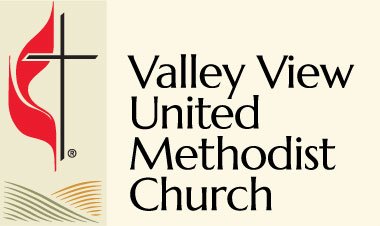On the Big Screen (Part 3)
So, to recap, in part 1 I pointed out that when authors and creators try to force God out of their works, God tends to show up anyway. In part 2, I theorized that forcing God into stories that are full of saintly characters does not contain enough of the human experience to make them faith building or confronting. Ergo, part 3 must be about when people get it right.
We started “The Call” watch party and discussion a few weeks ago and I think I have a caveat to my bit about putting God into media. It includes human realism, the characters are actually like people. And not just because of the dialogue, but because no one person is entirely sinner or saint. And I think perhaps that’s the ticket. Telling the gospel story or other stories from the Bible works because they are good stories. Telling the theology through stories written to teach don’t work as well for me. I want people to be people. And sometimes people are horrible. Sometimes they do truly incredible and amazing things with God’s help, but other times they are greedy, vicious, fearful, awful little mortal creatures who have definitely sinned and fallen short of the glory of God. Like all of us.
Having spent a few weeks ranting and raving about the failings of media, let’s talk about a few times that it works to share or teach the faith and why these bodies of work do well.
To begin, let’s talk about Hacksaw Ridge, The Hiding Place, and The Inn of the Sixth Happiness. All three are movies based on books which are based on true stories. And God shows up in a big way. The faith of the medic in Hacksaw Ridge saves lives and changes hearts. The courage and redemption offered by Corrie Ten Boom is incredible, especially when you consider that she lived through the concentration camps and still found it within herself to trust in God and forgive some of the guards. And Inn of the Sixth Happiness might depart from the original story of Glady Aylward (they did shove a love story into the movie because it’s Ingrid Bergman, of course there’s a love story), but her ability to love fully and completely as God had called her to do managed to help her do incredible things and transform lives in ways that are probably still felt to this day.
All three are great stories to watch or read. All three feature people of faith who are people and yet God uses them to do some astonishing things. Anytime lives get saved or hope is found in dark places, I look to God as the reason. And although there’s a bit of dramatization, all three stay pretty true to actual events. Which is why I find them to be encouraging to my faith, my call, my journey. What are the stories of real people that do the same for you? People living in our times who have still managed to perform miracles with God’s help? People who are living their faith daily, even while struggling with sins and the failings of humanity?
And before you think I’m putting biblical heroes on a pedestal, most of the heroes of the Bible are overtly and blatantly sinners too. David murders a man and forcibly takes his wife (because you did not say no to the king.) while Abraham almost kills his child (which, if the timing is to be believed, made Isaac a teenager and well, who can blame him?), and even Peter of the disciples denies Christ three times. The people in the Bible are often just as human as we are. So when their stories get told on the big screen, we can relate. I’ve never lived in Egypt, but Charlton Heston’s 10 Commandments is still a movie I enjoy watching and has people in it I hope to be like. These sorts of works aren’t perfect by any means, but they bring me back to the question I asked at the very start.
Where do you look for God in the world? God is real. God is among us. God is a part of creation now as always. Therefore, where do you see God in the world? And what is God doing now to transform it?
